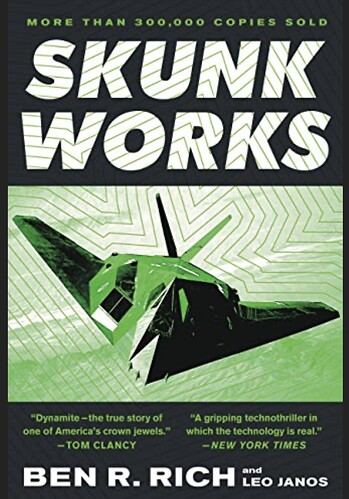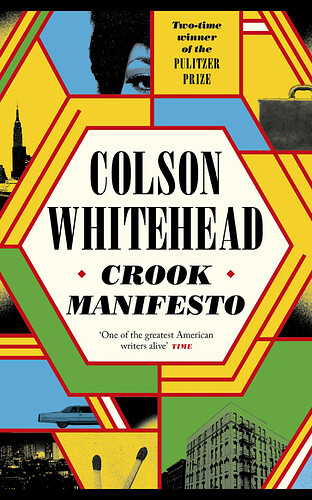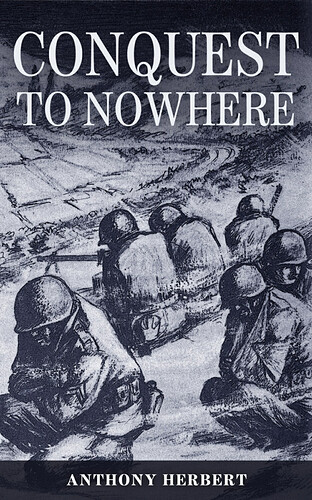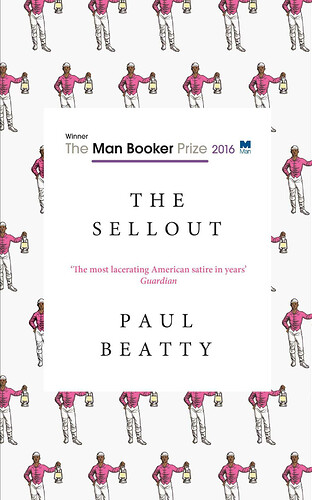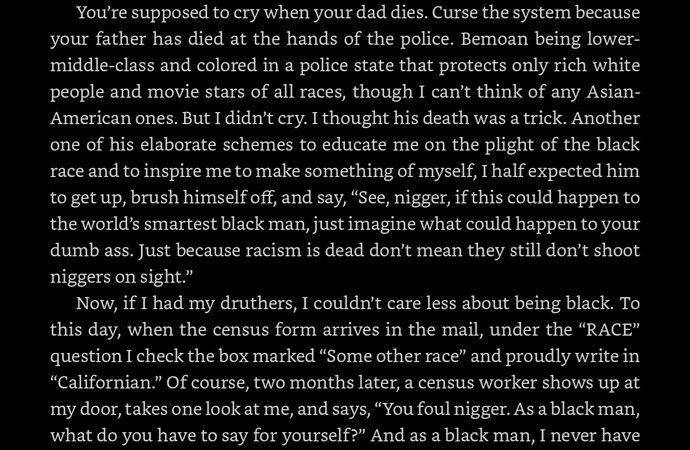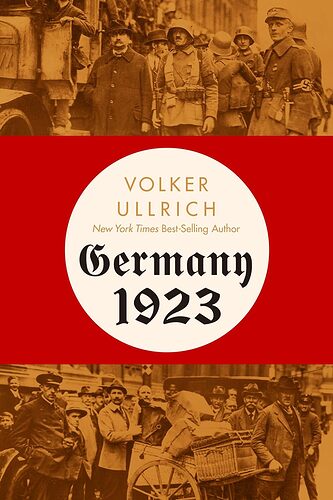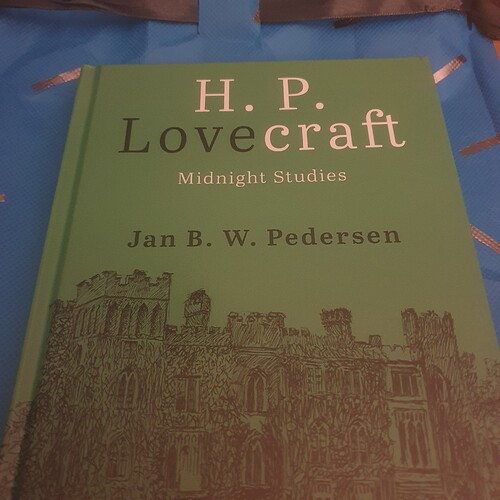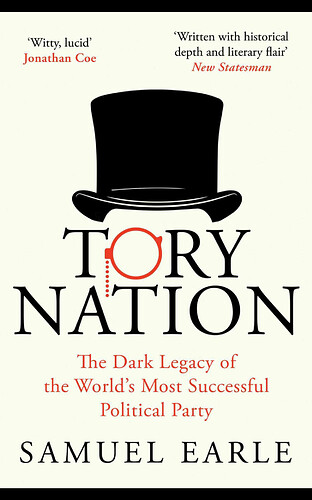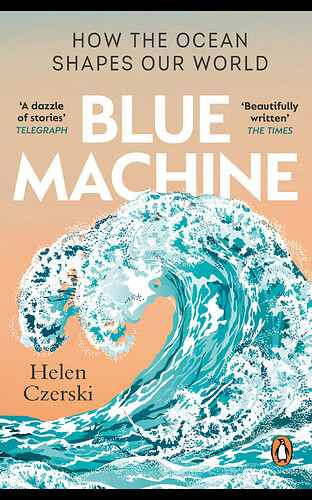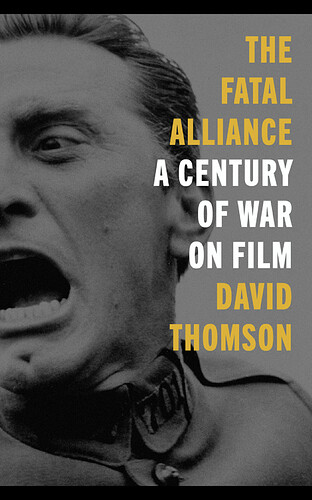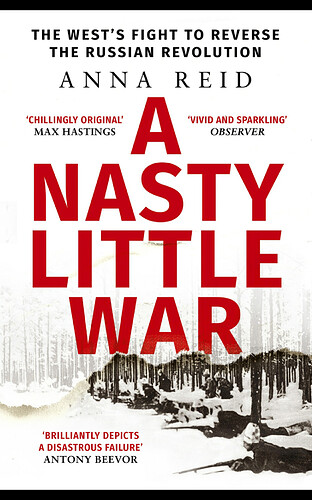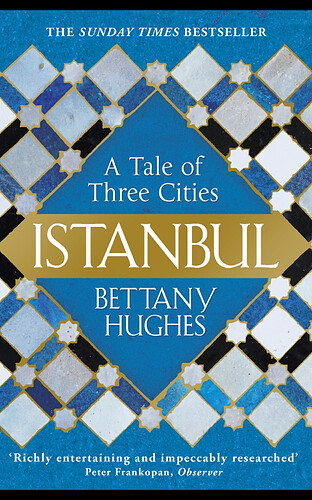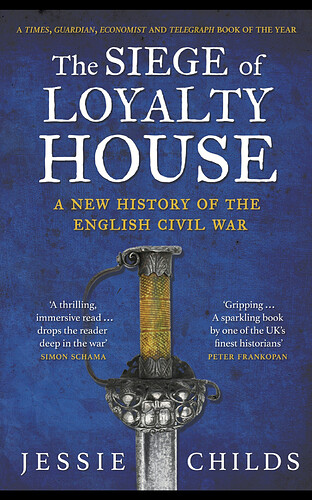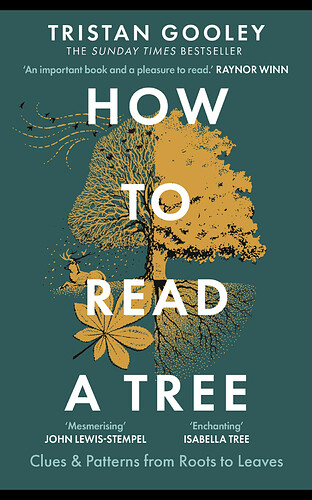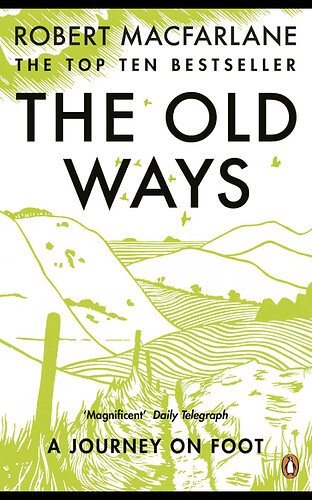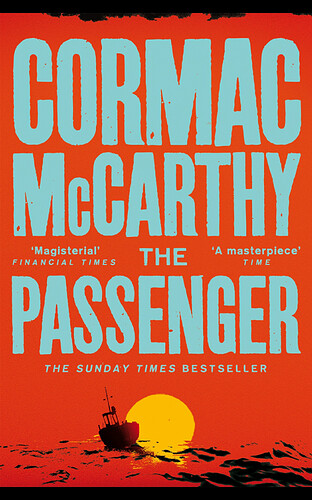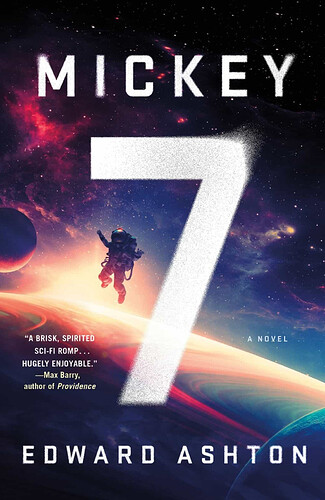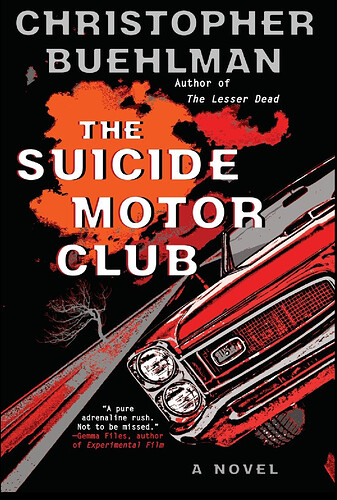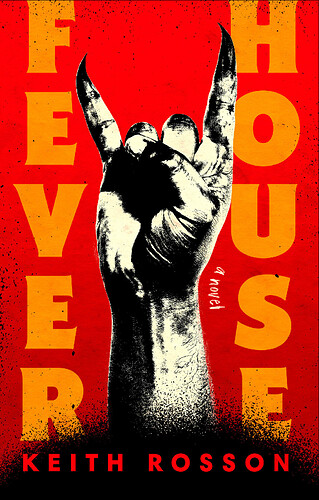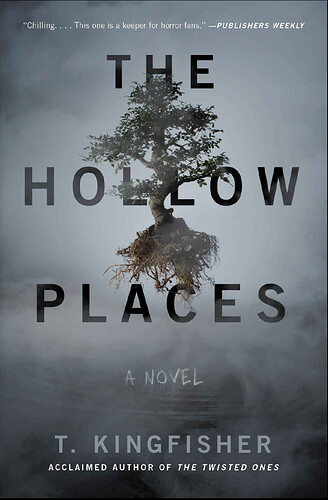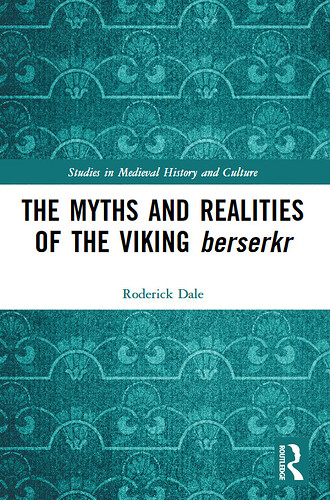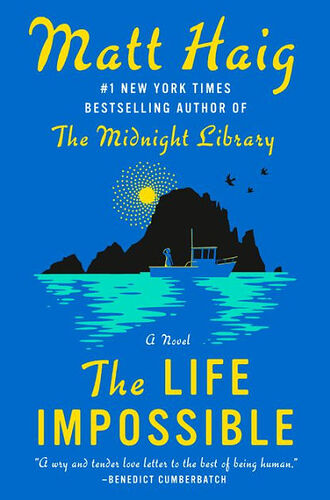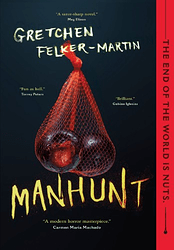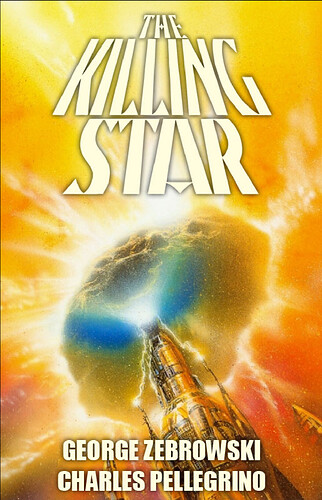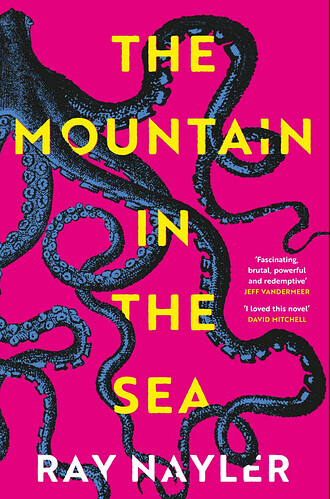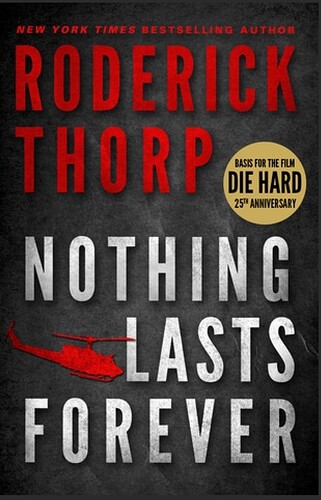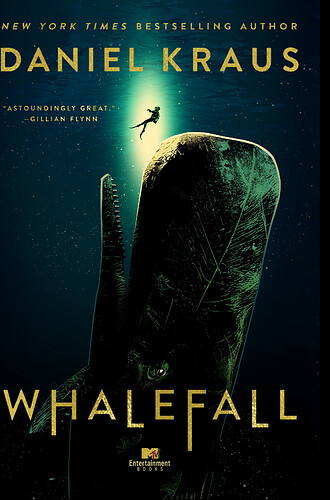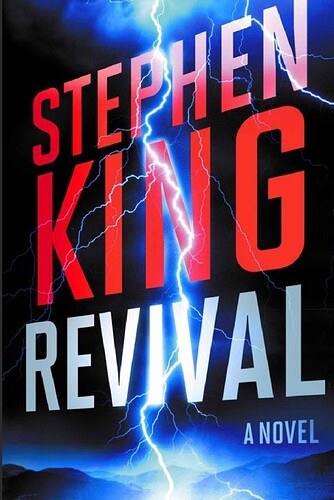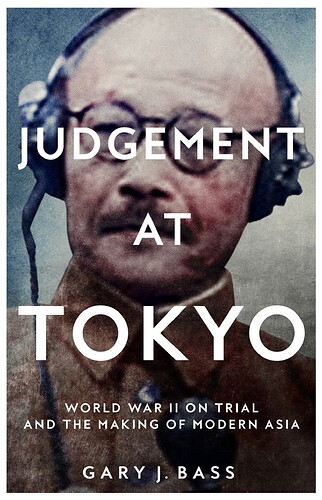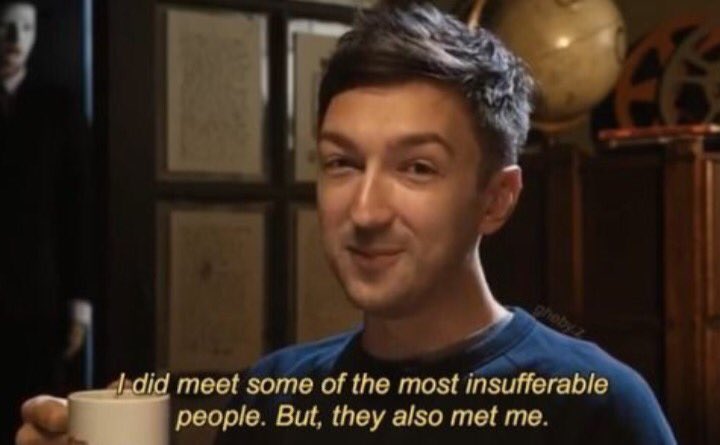I have had this problem with a lot of political columnists and writers for a long time. They seem to care (a lot) more about showcasing their perceived superiority than actually building an argument that might make someone change their thinking on anything. Which is not only worthless in present circs but fulfills stereotypes the other side holds, thereby making things worse.
Left, center, right, they are all narcissists with Micky Mouse journalism degrees pretending they are sociologists. It’s exhausting.
A memoir written by Ben Rich which follows his career in Lockheed’s advanced research department, Skunk Works. I would recommend it to anyone with an interest in aviation or engineering. It goes into detail about the development of the F-117 stealth fighter, U-2, and SR-71 reconnaissance aircraft.
I’m always happy to try Whitehead’s work; Zone One was enough to convince me he can write even if it was slightly too long, the book worked. Crook Manifesto is three linked short stories, following Ray Carney, fence-turned-furniture-seller and an associate of his, Pepper, as they navigate Harlem’s turbulent underworld in the 1970s. While the first story is frustrating as Carney is simply carried along by events, it is still excellently written, with lively prose, and this doesn’t change in the latter two tales. Some of this jumps off the page. Absolutely worth my time, I was up 'til 2 a.m. reading this, and only put it down because my gf issued me a direct order.
Upon joining up, the author is informed “Only an idiot would insist on the infantry.” and as he finds out, that’s basically correct, as he ends up fighting in Korea, and from the orientation briefing given by a weeping sergeant onward, it definitely is not the WWII-rerun he imagined.
Deservedly won the Booker prize, and one of the funniest books I have ever read. No description suffices, beyond being a satirical tale about a black man enslaving another black man who wants to be a slave. I could post endless excerpts, but one will have to suffice:
Well, it’s about halfway through the year, and I have already found my Least Reassuring Book nomination. Stupidity, precarious political and economic systems, People Being Irresponsible, you name it, it’s all here. And it all gets mentioned in the book too. Fuck my blood pressure.
The fact I know the author personally and I rate a mention in the acknowledgements is neither here nor there; this is an interesting, if very academic, of Lovecraft and his tendencies, examining a lot of his lesser-known work. Definitely not for a general audience, but food for thought if you’ve read a lot of Lovecraft.
Reading paragraphs and laughing my back off in between them.
One of those works that is both illuminating and extremely depressing simultaneously. The more you learn about the environment, the more obvious it is how bad things are, and the ocean’s floor is the limit on how bad things can get.
The link between war and film seems to be inextricably forged now, and there has undeniably been influence going both ways, to the extent that they now seem inseparable. Taking a look at war and film through the ages is interesting, but the relationship is well-argued.
One of my favourite lesser-known conflicts, and one much more important than it seems, as it soured relationships between Russia and the West, and instilled a paranoia in Russia that exacerbated what was already there.
A bit of a chunky tome, but deservedly so, as it covers Byzantium, Constantinople, and Istanbul, in one volume. The way it gives you a sort of ‘vertical slice’ of history can be very revealing but also a little bit misleading; you need wider knowledge of the times to contextualise it all.
The good old days, when we chopped the fucking head off a king, and then set about remodeling society, before the chap in charge forgot to change it sufficiently enough for it to be self-sustaining. The book centres around the eponymous siege of a Royalist stronghold, using it as a microcosm of the war itself. A fascinating period, but especially if you’re British, and I do regularly bemoan my fellows lack of historical knowledge of their own bloody country.
Given my current work, I was unable to prevent myself from buying this for a second. A visual guide to analysing trees, from their roots to their bark, leaves, branches, how they have grown, what they show of the land and water and wind around them.
An exploration of trails, paths, and other such now less-used ways to walk the country. A fascinating look at a common and accessible history. I need to take more walking holidays.
I could re-read everything McCarthy has ever written over and over. This is no different. A man grieving his lost love gets caught up in an unknowable conspiracy, and how much you enjoy the book is going to depend on how much patience you have for McCarthy’s excellent prose describing discursions on philosophy and mathematics. The lack of resolution on all scales is not something that bothered me at all.
This is supposed to be a fun, light-hearted romp akin to The Martian, but instead I found the clashing tones to be jarring, confused, and the feel-good story about the default genocide of planets to be a complete moral void. Deeply depressing.
Half Near Dark, half Mad Max, a bereaved mother chases a group of vampires, and it’s as well written as his usual. I sat and read it through in one day. Not perfect by any means, with some notably weak characterisation at times, but fast-paced and vivid.
Enjoyed the ever-loving fuck out of this. A severed hand causes trouble for some criminals, and then it gets totally out of hand (sorry). Extremely well-written, the last third contains a very abrupt change/reveal that doesn’t quite work (and was arguably not needed). But overall, very good.
A bit too nice for me, verging on the twee. Not a bad little horror novel, but no real edge to it, although it was almost there in most respects.
Inject it directly into my veins. A work digging up a lot of info from the texts and analysing it to find the popular idea of the berserker in fiction is a modern invention.
This author has received a lot of accolades and publicity for his previous book (The Midnight Library) which I did not read, but I somehow got lured into reading the new one.
Plot: A retired, depressed, widowed British schoolteacher receives word that she’s been left a house in (on?) Ibiza by someone she knew once and barely remembers. So she decides to go see what that’s about. A lot of magical realism/scifi ensues, with messages about all of our potential to be amazing human beings.
See, that already does not sound at all like my kind of book. But here we are.
The main character is weirdly not very likeable. She’s not dislikeable either. She’s just kind of a flat geriatric screen for fantastical experiences to be projected onto and into. She becomes slightly more interesting as the book goes along, but never rises to the level of a character that I identify with. The other characters, most of whom are eccentrics, are more interesting, but also not especially deep.
The setting (which is mainly Ibiza) is possibly the most interesting character of all, and it’s clear that the author spent some time there to get details and such, which does not make me like the author much either (because I’m petty and wish I could get some publisher to pony up for me to go hang out on (in?) Ibiza to write a book).
In the end, though, Ibiza is clearly just a stand-in for “planet earth” and our main takeaway as readers is meant to be the “wise” messages about our species and planet etc. Many of which would be very at home on bespoke naturally-sourced greeting cards. Also, minus points for the title which is utterly meaningless within the context of the book.
It’s not a difficult read by any means, and it does have a plot with an antagonist (though we don’t meet them until past halfway through the book) and some pleasant ideas about how we could all be better people or something, so it’s not painful at all, it’s just not got much to it that will last. There is absolutely nothing surprising about the book, though it reads as though the author thinks he’s set up some amazing, mysterious allegory here. C+ for this crowd, B+ for people 75 and older. I might give my copy to my mother, honestly.
When a disease turns men into feral killers, the only ones left are women, and the trans characters who find themselves very much on the run from a bunch of TERFs. In some respects impressively written, but there are also some points between the killing of men for their testicles and adrenal glands, and the rebuilding of society along fascist lines, that I felt perhaps the point was too blunt. Excellent prose, no argument there.
It’s amazing that a book from 1995 is in some important ways, more forward-looking than much scifi today, even lumbering under preconceptions that are practically dinosaurian in terms of genre age. A bunch of relativistic weapons almost wipes out humanity, and the survivors hide, run, and attempt to fight back against a force set on annihilating them. There’s a particularly good aspect to the conclusion that is very pertinent to today’s world (and darkly funny as well), and even though the book strains under the traditional hamfisted ‘society through a STEM lens’ burden, including a cringe-inducing religious allegory, I still loved this book. The ideas behind it are so depressing scifi has moved away from them, but they remain valid.
This is a very different book from Killing Star, but has some surprising commonalities beyond merely being another excellent scifi book. An intelligent race, the brutal calculus of survival, and a more modern feel to the world and of course the prose. Wonderful, beautiful, bleak.
In many respects, Die Hard: The Book has not aged well. WWII veteran and law enforcement specialist goes to see his daughter and terrorists attack, and thus ensues a somewhat mixed tale of cat-and-mouse and bluff political bullshit. In between five-page diatribes on how terrorists should be shot to pieces and no one should apologise for that, there’s actually some great writing and incredible action. You get some painful honesty about relationships, some absolute boomer nonsense, and foreign terrorists who actually have a political point (which is dismissed out of hand). Contains some surprises though, I have to say.
I really enjoyed this, even just from a whale biology viewpoint. The young man going hunting for his father’s body, and being swallowed by a whale, is just the right side of credible, even though the central relationship is overbearing and dominates the entire book. Focused, moves along at a decent pace, and the right length.
I haven’t read any King in a long time, and the reason why has just struck me, as I dig through this interminable fucking book: he writes like an old man talks. Childhood dwelt on, embarrassing adulthood skipped over, and then back to living through old age in slow motion, complete with pointless digressions (favourite horse? Two sentences, and then many pages later, it’s dead. Amazing work, Stephen) and many many many wandering bullshit sessions. The main character going from gigging musician to recovering drug addict via bike crash is done in about a paragraph, in a 400-page novel. This sort of shit, from someone who has been writing for decades, is simply not forgivable. This could easily have been a short story, and was, back when H. P. Lovecraft wrote it. I can overlook a lot, but the main character only being involved at all via a plot convenience just sours the whole thing.
I would argue you know you have hit a seam of Extremely Good Shit when you hit a 50-page introduction. Bass isn’t fucking around, and he details Nuremberg’s withered twin exactingly and unsparingly. The Tokyo trials were long, gruelling, and detailed some of the most hideous and widespread war crimes of WWII. They also happened to involve hypocrisy, racism, and the polluted confluence of so many motives that even now it is impossible, but enticing, to try and pick them apart.
I thought I was the only person in the world who had read the Die Hard book. (There’s also a Die Hard 2 book!)
Nothing Lasts Forever is definitely – as our UK friends might put it – totally fucking mental. It does do a good job in reflecting a sort of paranoia/distrust/loathing that gripped America in the 1970s. Maybe too good; parts of it are a slog. There are entire sections that read like a fever dream.
I can absolutely see how it came about but it is also a very odd book in some respects.
I’m facing a bit of a conundrum. I’ve always been an avid reader and I’ve always been of the opinion that books are better than film. However, I am also now living in a day and age where I’m discovering some compelling stories because of TV and it becomes quality entertainment time with my wife. Case in point, Slow Horses. Great show. I’ve picked up the novels and have read the first four…but now what? Do I read ahead and possibly lessen the impact of the show? Do I wait forever for each season to come out and then read the books?
I’m in the same boat with Silo.
I’d read ahead. I don’t know how faithfully they’re going to adapt Slow Horses. And the books are excellent.
They are excellent but they are also some of the most book-to-screen adaptations I’ve ever read/seen. Having an external source for Lamb is excellent, too, because I can hear every single line in the book delivered by Oldman.
Was it someone here who recommended Slow Horses years ago? I read the first few before the series came out, and now I think won’t read any further. The show is terrific, and gives me enough of what I got from the books, but I get distracted enough by the performances and such that it’s easier not to feel like I’m constantly grappling with the bleak perspective on espionage work and the people in it.
Right now, my outlook is bleak enough.
It’ll be forever; I’d read ahead.
Also, I can think of one character they haven’t even tried to introduce yet. So the producers are not just doing a slavish 1:1 reconstruction of the books. There have been some changes.
Then you have my thanks!
I didn’t really enjoy the Silo books. Too many plot holes.
Concur with not waiting on the tv program for the Slow Horses books. They are absolutely worth the time.
I’ve just started the Slow Horses books after loving all 4 seasons of the TV show. And I find value in each, as the first book ended a lot differently than I was expecting, especially having seen the show.
